Writing like the greats: Haruki Murakami
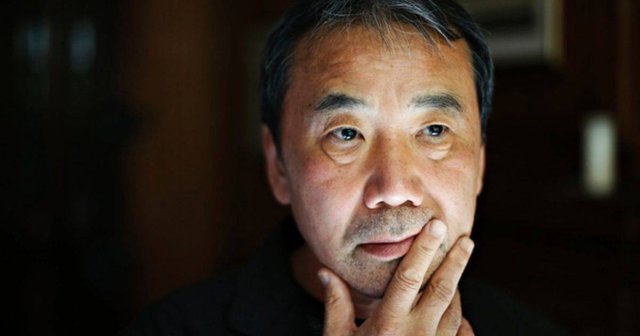
One of the most read authors worldwide
Recently I decided to start a series called Writing like the greats, especially aimed at new writers. Through these posts we will know what the great authors tell us about literary activity and what advice they have to give us. Last week I talked about Stephen King and you may read that post on this link:
Writing like the greats: Stephen King
This time we're gonna go to Japan to bring another great author. Over the last years we've heard Haruki Murakami's name many times among the candidates to win the Nobel Prize in Literature (although there are not exactly "candidates" to that award) and every time someone says why he should win, another person appears to say why he shouldn't. His success and his style have been controversial even in his own country, but what we can't deny is that millions of people all over the world find his books absorbing.
Murakami was born in Kyoto, Japan, in 1949 and after college, he opened a small jazz bar, which he and his wife ran for seven years. But one day, Murakami was in a stadium watching a baseball game and in the instant he saw one player hitting a double, he suddenly realized that he could write a novel. It sounds kinda crazy, I know, but he has told that story several times. That night he went home and began writing. Briefly after that, he sold the Jazz club to dedicate exclusively to Literature. Now, that's what I call commitment.There are two books where Murakami talks about his experience as a writer. The first one is called What I Talk About When I Talk About Running which is a memoir where he writes about his interest and participation in long-distance running and the connection bteween a healthy body and a productive mind. He says a few things about writing but it meant the seed for another book. In 2015 he published Shokugyō to shite no shōsetsuka which I read in its 2017 Spanish version De qué hablo cuando hablo de escribir (something like What I Talk About When I Talk About Writing) and I believe there's no English version so far because I haven't been able to find one. And this is the ultimate Murakami's guide to new writers. What he barely showed in What I Talk About When I Talk About Running is treated here deeper and longer.
Murakami writes different kinds of books: novels, short stories, non-fiction, but he is above it all, a novelist. So, their advices are mainly directed to novelists. One of the first things he says is that writing must be fun, must feel free and it's gotta be a relaxing although exciting activity. You should enjoy the process, he says. But of course you have to be systematic, constant and disciplined. He has a schedule to write and he respects it. Like it was a job, because it actually is.
Another thing Murakami says in his books is to keep the necessary and eliminate the superfluous. Writing is about finding your own style and try to contribute with something new, something original. But how may one do that? his secret, which is no secret at all, is this: read a lot. All the great writers are great readers and that's the best way to create stories, learning to love the stories other have written. A person who loves to read is more willing to write than a person who doesn't. What can you read? anything you want, but better be something related with the genre you wanna write.
Another important advice: look around. Watch people and notice the little details, they can be precious stones that help you build the story and make more believable characters. Add details from your memories so it looks more natural and let characters have their own life, those two key concepts can be found in his books. That's why Jazz appears in so many of his books, because he loves it and he know about it, so when he writes about jazz one believe the story. Haruki also invites us to take the job seriously, to write everyday and stay healthy (both body and mind). But the one I liked the most among all of his advices was this: rewrite. Writing is the beginning but it's not enough. Once you have the story completed, let it rest. Move on to another thing and let it settle, maybe a few weeks or months. After that time, go back to the story and try to identify its weak and strong points. Correcting, editing and rewriting are almost as important as writing, because writing is a craft. Like the sculptor who must shape the marble to reveal the man hidden inside the rock, the writer must polish his work to its brightest version.
So, stay healthy, read a lot, look around, use your memory, rewrite and take the job seriously. That's all you gotta do to become a writer. Does it sound too easy? just start and let us know how it goes. What do you think about these advices? are you willing to use them? see you later on our next Writing like the greats, where we're gonna talk about another marvelous author.
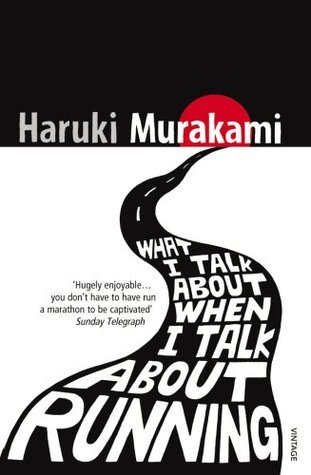
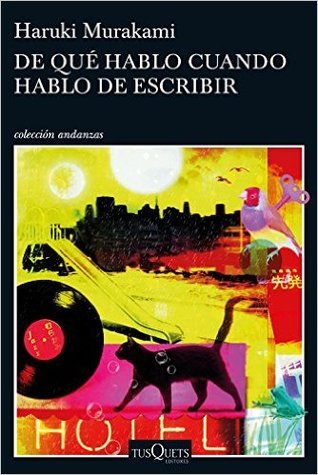
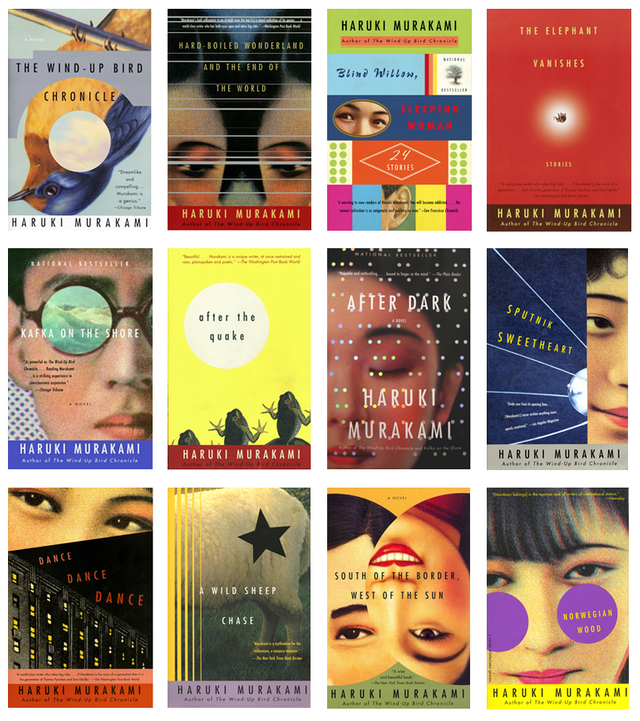
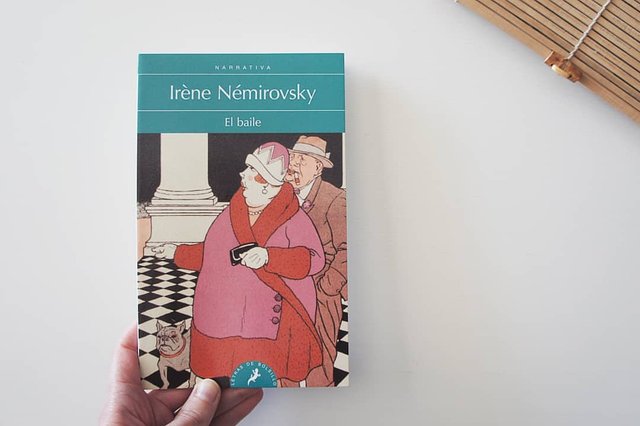




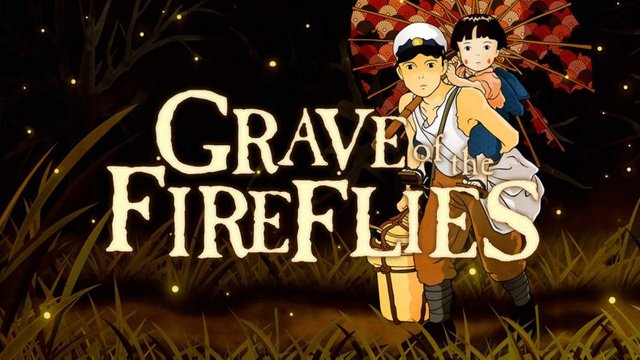
Ah, he is AMAZING. I love his books, though I still can't figure out what they are about lol. My father adores him he's a bit like a warm bath. Just calming and beautiful.
Posted using Partiko Android
I believe that's the best word to describe Murakami's work along with other japanese authors's: calming. Reading their books it's like a fresh breeze or a day at sea. Thanks for reading.
This post was shared in the Curation Collective Discord community for curators, and upvoted and resteemed by the @c-squared community account after manual review.
@c-squared runs a community witness. Please consider using one of your witness votes on us here
This story was recommended by Steeve to its users and upvoted by one or more of them.
Check @steeveapp to learn more about Steeve, an AI-powered Steem interface.
What a fun series. I’m so glad I stumbled upon it!
Posted using Partiko iOS
Thanks for reading. Stay tuned 'cause there another big authors coming.
Great post! I'm a fan of Murakami. Always learn for him, especially running activity for more creative writing
Posted using Partiko Android
There are the two sides of him: his running activity and his writing, of course. I would include a third side: music. Jazz and other genres of music have been very important in Murakami's life and in his books. Thanks for reading.
Great
Posted using Partiko Android
I don't much about Murakami's work, but this post gave me a a very nice idea about it.
Posted using Steeve, an AI-powered Steem interface
You should read him. It totally worths it. I recommend you Norwegian wood, Men without women and Sputnik, sweetheart to start. Thanks for reading.